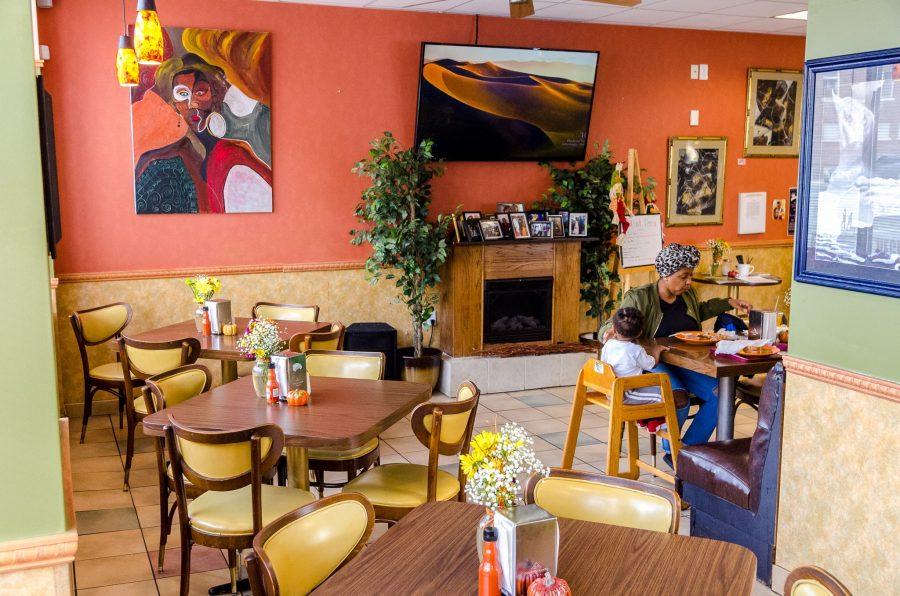Marquette’s decision to invite Wellpoint CEO Angela Braly to speak targets the heart of what a university stands for — encouragement of the free flow of ideas.
A university should be an open forum for all viewpoints, allowing controversial and moderate speakers alike.
Inviting Braly as the Business Leaders Forum’s keynote speaker in September opened up the health care issue for further discussion, a laudable result of a well-thought-out decision.
Many students and faculty opposed Braly’s questionable business decisions and we support their voices being heard.
During University President the Rev. Robert A. Wild’s annual forum on Tuesday, students were still clearly agitated about Braly, wondering how Marquette could choose a speaker whose business practices don’t fit the Jesuit principle of “cura personalis.”
While the students may have a valid point, Marquette does not endorse Braly by inviting her, nor does she serve as the university’s model of how to act in the business world.
Health care debate aside, Provost John Pauly said at the forum that Braly was a good candidate for the speech because she’s one of the few women running a Fortune 100 company, in light of the Centennial Celebration of Women of Marquette.
Students may or may not agree with Braly’s business practices, but the speech provided another viewpoint on the health care debate.
At minimum, Braly’s opponents were given an opportunity to more clearly understand her stance and to directly question her, not to mention express their own views on the issue of health care.
However, the College of Business Administration should invite other prominent speakers with opinions contrasting Braly’s so students can gain a well-rounded understanding of the health care debate.
Sticking to speakers with like-minded viewpoints doesn’t allow for complete discussion of an issue.
At least Marquette allowed Angela Braly to speak, despite protest.
Fellow Jesuit school Saint Louis University barred conservative activist David Horowitz because administrators believed his speech on “Islamo-Fascism Awareness and Civil Rights” would be “attacking another faith and seeking to cause derision on campus.”
Although the talk would undoubtedly have been offensive to some, it would have merited debate. And it is through open debate that truth emerges.
A Catholic school is known for being universal, so it should create an environment that fosters knowledge and interaction, as Marquette did.
SLU should have opened discussion sessions to those of all religious backgrounds after the speech. That way, all voices could be heard instead of no voices.
We applaud Marquette for allowing open debate so all voices can be heard.
A university is a place to test yourself, think from a fresh perspective, change your opinion or feel more concrete in your original beliefs.
Students need to hear different perspectives to form a more complete evaluation of any issue.
A university has a responsibility to let voices be heard.


